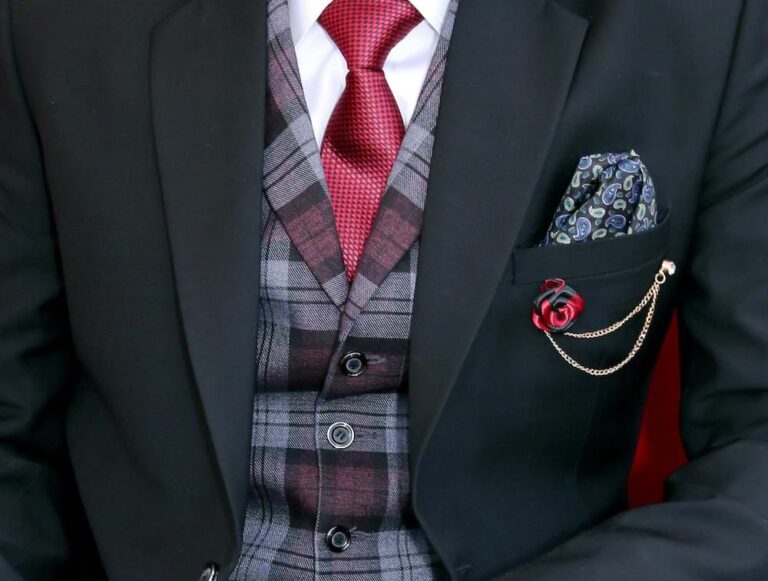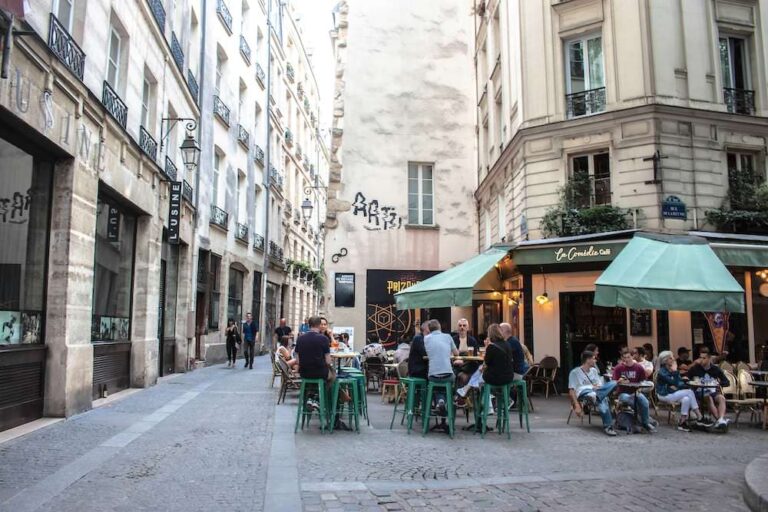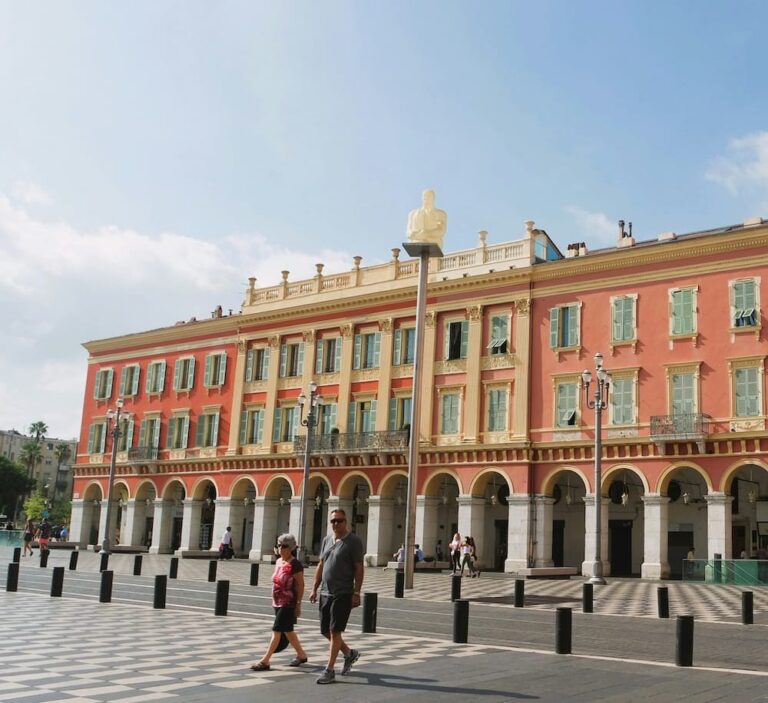le repos du guerrier
The French saying “le repos du guerrier” translates literally to mean “the rest of the warrior.” Figuratively, however, it refers to a man’s procreative activities with a woman, or to coital activity in general, or to bedroom pleasures.
It refers to the situation of a warrior who comes back from fighting in a war, to be greeted by his wife, who has missed him. The warrior, weary from the horrors of war and the exhaustion of the battlefield, seeks rest and comfort in his home, in his bed and in the arms of his consort. Having risked his very existence for his lord, or in later years, for his country, he has merited the loving appreciation of his spouse. In his bed and with his wife, he enjoys “le repos du guerrier.”
A bestselling novel called “Le repos du guerrier” by the French feminist writer Christiane Rochefort was published in 1958. The novel is known as “Warrior’s Rest” in English. In 1962, it was made into a popular French movie starring the actress Brigitte Bardot and directed by Roger Vadim.






